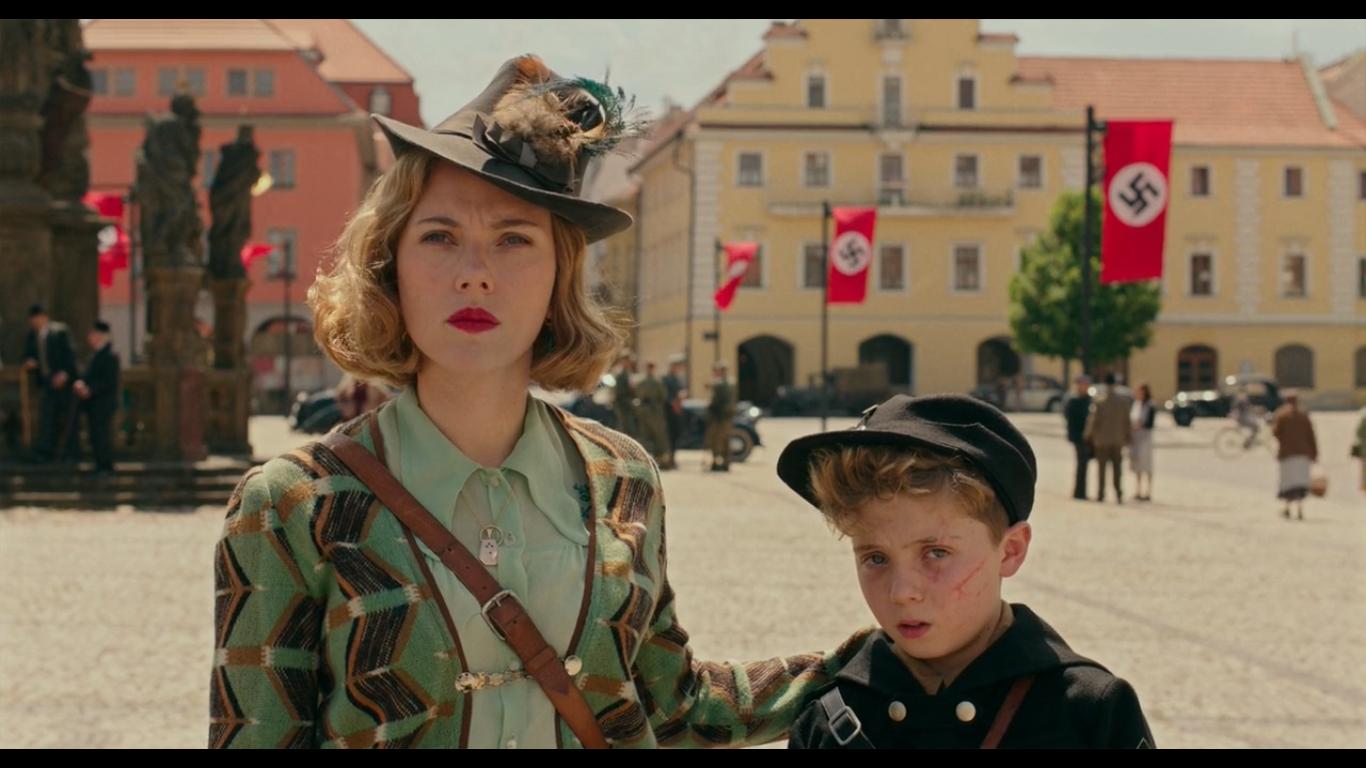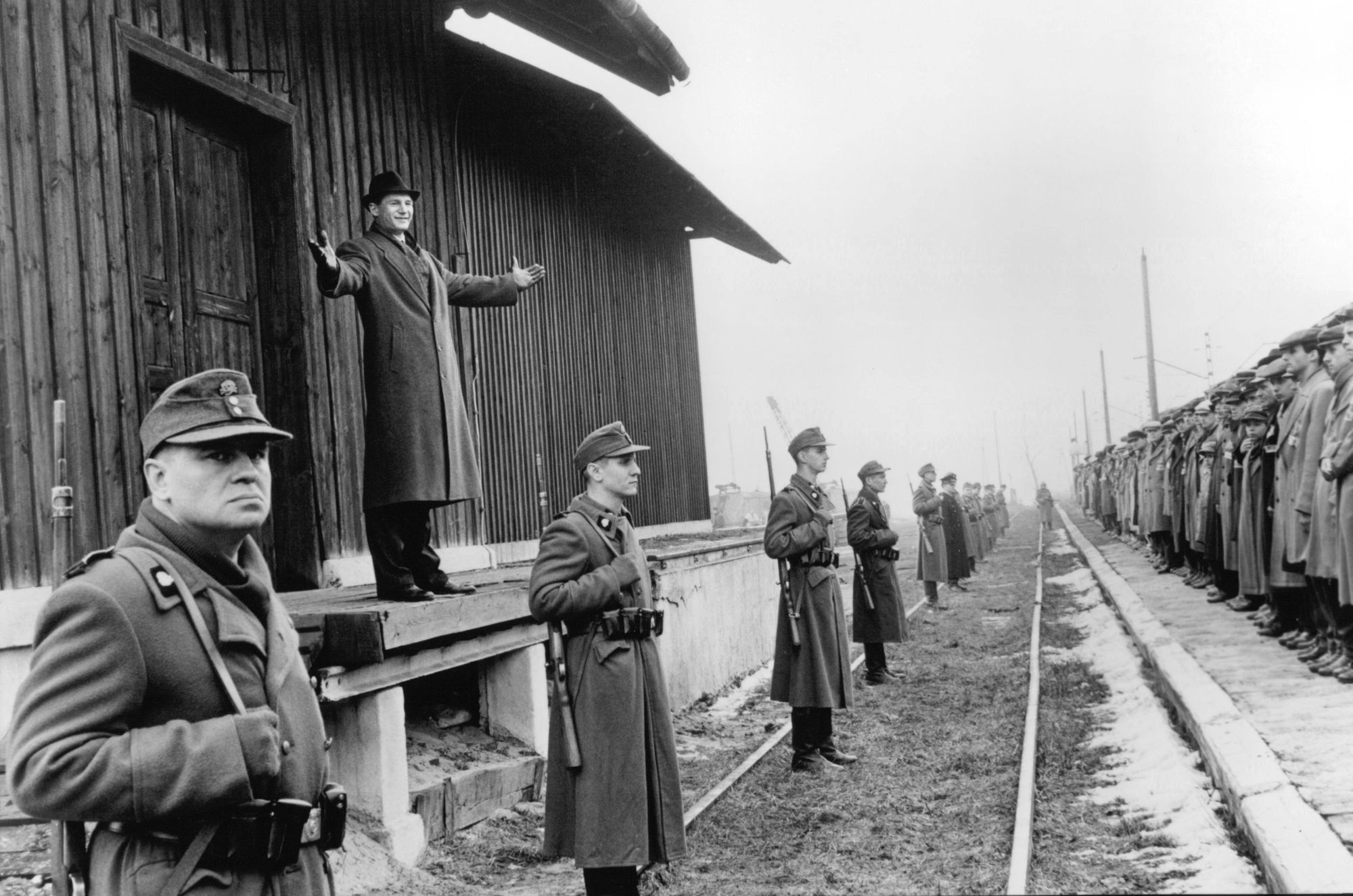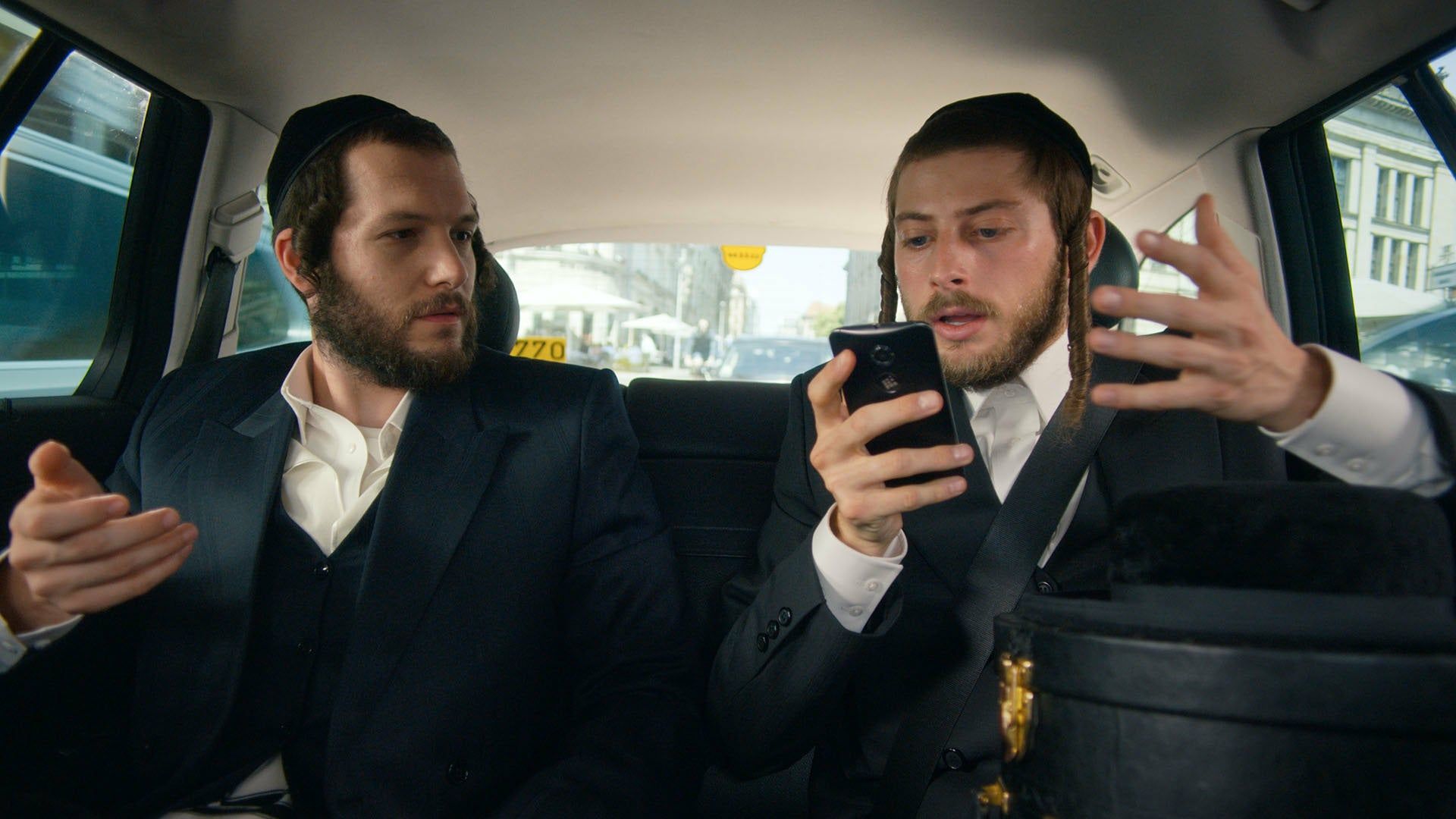By Evelyn Heis, First Year, English Literature
Antisemitism has substantially increased in the last few years, from the failure to dismantle negative stereotypes that permeate Jewish identities, to the rise in terrorist attacks that have been targeting synagogues and threatening many Jewish lives.
Founded over 3500 years ago in the Middle East, Judaism is known today as one of the first monotheistic religions and tenth largest religion in the world. As of 2019, there were 14.7 million Jews around the world, and though this figure may seem grand, Jews only make up 0.2% of the global population- a figure that has significantly decreased since 1939 and has yet to recover.
Despite the overwhelming evidence that over six million Jewish lives were lost during the Holocaust, 1 in 20 Britons do not believe that the Holocaust ever happened and given that approximately 292,000 Jews live in the United Kingdom, this is increasingly distressing. Last year’s report shows 1,805 of Jews in the UK were victims of antisemitic hate crimes- demonstrating a 7% increase from the previous year and a 330% rise since 2008. More recently, Jews have been blamed for causing the outbreak of the Covid-19 pandemic in order to ‘attain world domination’ or as a Jordanian journalist proposes, as a result of “the Jews’ concealed hatred for the entire world.” – a severe and ridiculous accusation.
Many of the outdated and unrealistic stereotypes that are associated with Jewish people can heavily affect public perception, especially if they are reiterated in film and television where having a lack of accurate representations can easily lead to misconceptions. Not to mention that a lack of realistic characters to look up to can make it difficult for Jews to form their own identity, given that many of them may not feel represented by what they see on television.

In order to determine how people felt about the current representations for Jewish people in film and television, I decided to conduct an online survey. Overall, I received 221 responses of which 61.1% of people believe that there is not enough representation for Jews in film and television, while 20.8% of them were unsure. When asked to elaborate, over 125 responses stated that there was nowhere near enough mentions of Judaism outside of the US and that their struggle to recall Jewish actors shows that there is a lack of representation.
The most widely mentioned actors were Adam Sandler, Natalie Portman, Scarlett Johansson and Ben Stiller, who happen to have American citizenship and work in the American film industry. While 21.1% could not name any Jewish actors, very few British actors were mentioned other than Daniel Radcliffe and Sacha Baron Cohen. Judaism in the US film industry offers a vast representation for Jews seeing as there is a high density of Jewish people in all aspects of filmmaking, but for there to be a global and wider representation, there needs to be a rise in Jewish screenwriters, actors and directors that can more accurately represent Jewish people, especially from the United Kingdom.
Marlene Hassan-Nahon, a Jewish political leader in Gibraltar adds, ‘It is interesting to note that in movies, actors’ religions are taken for granted as white-Christian unless otherwise stated, which is often where the mention of Judaism comes in by the actor,’ she continues, ‘many Holocaust movies throughout the decades have of course seen Jewish angles being portrayed but outside of that, the religion of actors is still perceived as mainstream unless otherwise stated by the actor flagging up their Jewish identity.’

I proceeded to ask people whether they had watched any films where Jewish characters were present in a non-Holocaust related setting. Though 78% of people claimed that they had, when asked to recall the names of these only 55.4% were able to provide a correct answer with 44.6% of people saying that they could not name any at all. On the other hand, 86.3% of people were able to name a World War Two film with mentions to the Holocaust, such as The Boy in the Striped Pyjamas (2008), Schindler’s List (1993), JoJo Rabbit (2019) and The Pianist(2002).
Arguably, the majority of representations available for Jewish people are in relation to the Holocaust and while this is crucial for the understanding of Jewish history and is a subject that requires continuous education and compassion, many Jews feel that there are other aspects to Judaism that could be portrayed alongside, suggesting that they may not be an accurate representation for modern Jews today. A Jewish friend of mine comments, ‘When we do get mentioned, if not in relation to the Holocaust, it is almost always as a passing comment for diversity points or as a joke. There needs to be a development of characters that represent the lifestyle of Jews as whole and real as they are, not as comedic relief.’

Around 77.8% of people agree with this statement, with 216 individuals proposing that a lack of representation for Jewish people is problematic and that normalising and including different portrayals of Judaism could improve the situation. Others added that giving Jewish writers and creators more opportunities in the rest of the world, would also reduce many stigmas and that it would be great to eventually see some non-white Jews on the big screens as well.
'Mank' is an enlightening but imperfect look at Golden Age Hollywood
'Selena: The Series' is an inspirational story of a young woman finding her way
While there needs to be further representations for every minority and ethnic group, the rise in antisemitism in our society is directly impacted by the lack of realistic representations that fail to dismantle antisemitic stereotypes. When asked how to tackle the underrepresentation of Jewish people in film and television, one individual responded with ‘Gas chambers’ - showing one of the many antisemitic comments Jews are exposed to on a day to day basis. Additionally, someone stated, ‘I used to think that we could solve this issue, but then someone came into my shul (synagogue) and killed a lot of people.’ Ultimately highlighting one of the horrific modern-day struggles for Jews who feel unsafe in their places of worship due to the increasing terrorist attacks.
Though there are several representations for Jewish people in film and television already, I hope that in the next few years there can be more accurate and well-developed characters that captivate the beautiful and multifaceted essence of Judaism, so that Jewish people can feel represented and seen for the kindness that makes their community.
Featured: IMDb, Universal Pictures, Netflix
What was the last film you watched with Jewish characters in a non-Holocaust setting?









